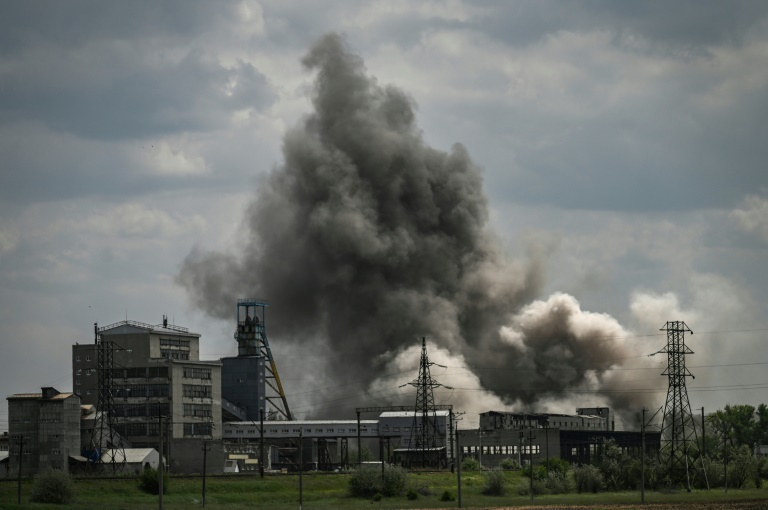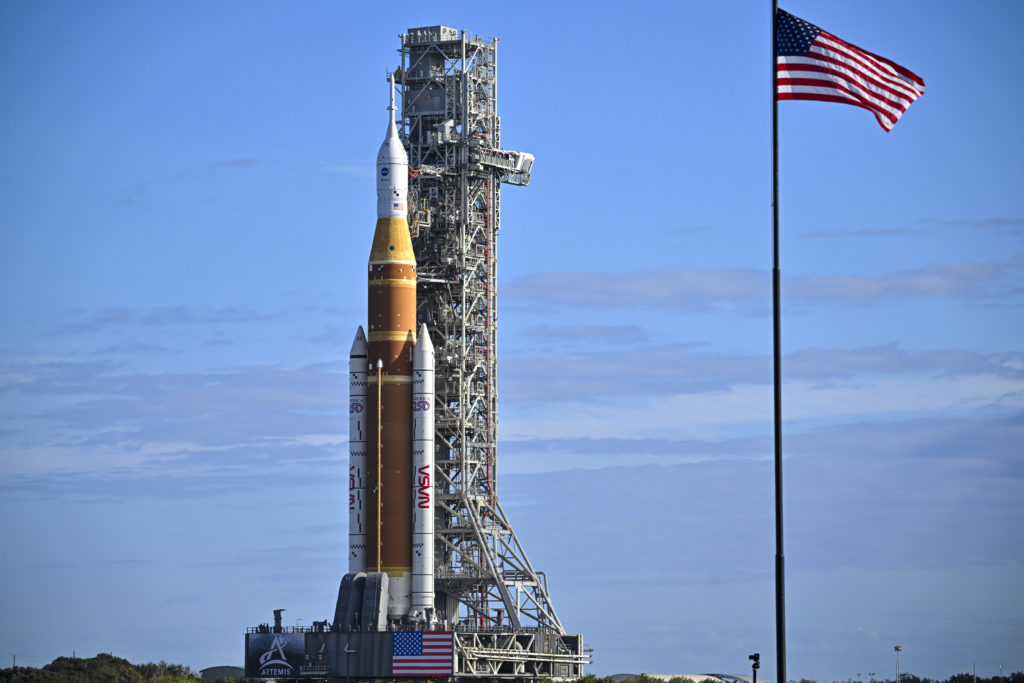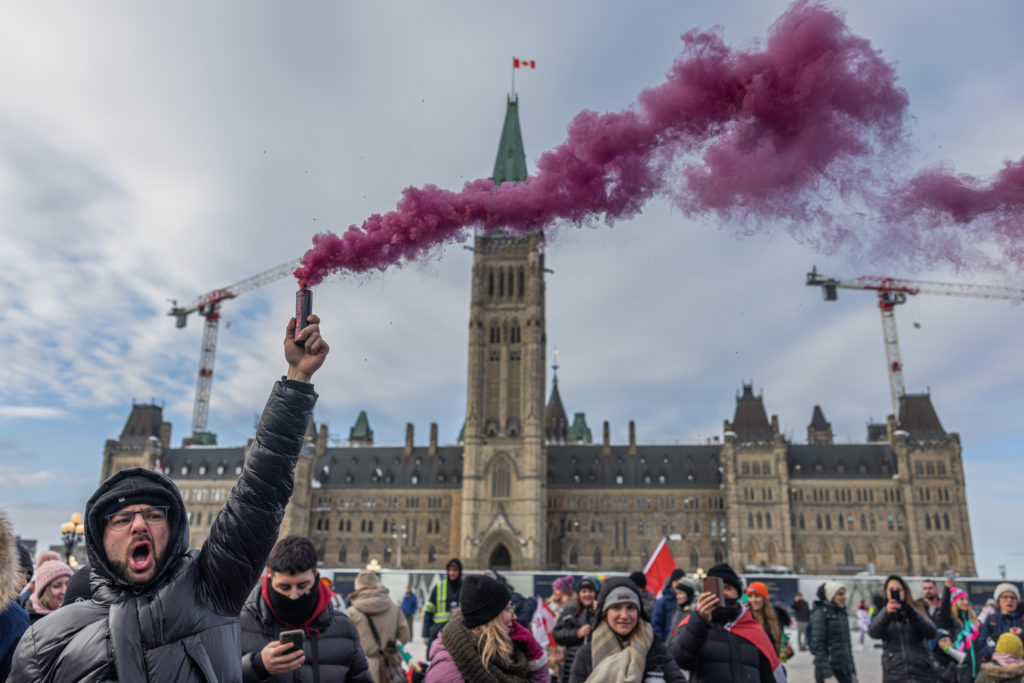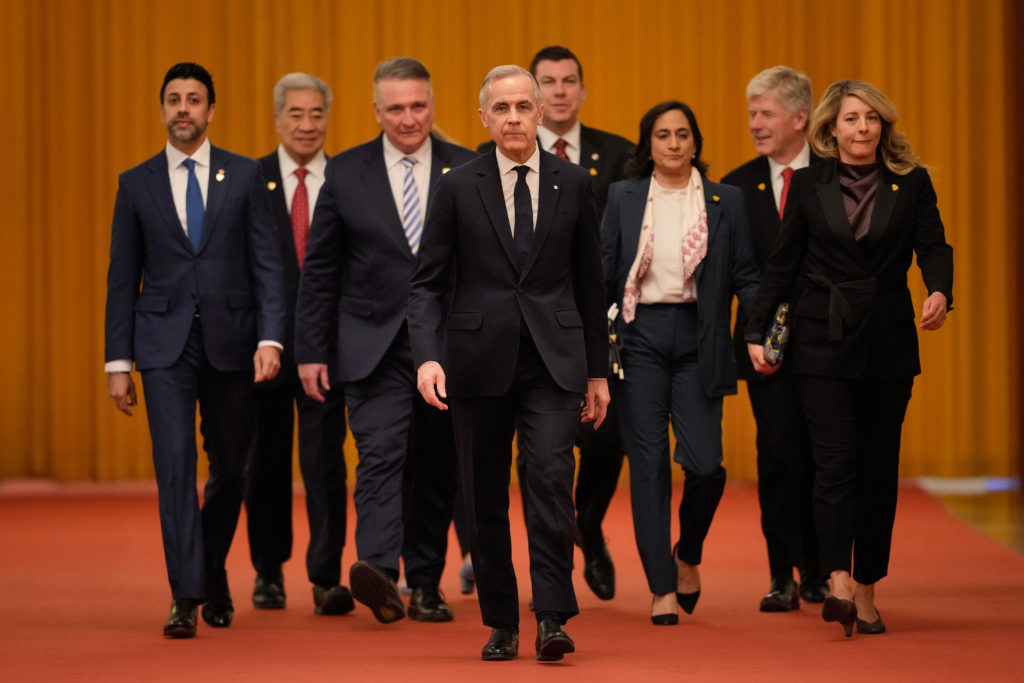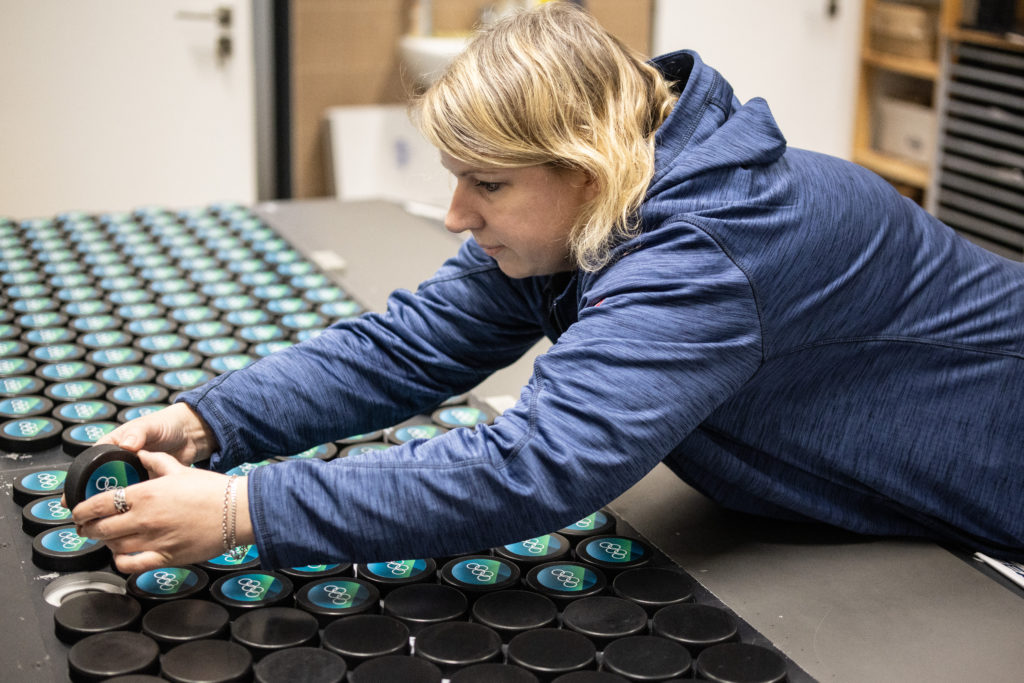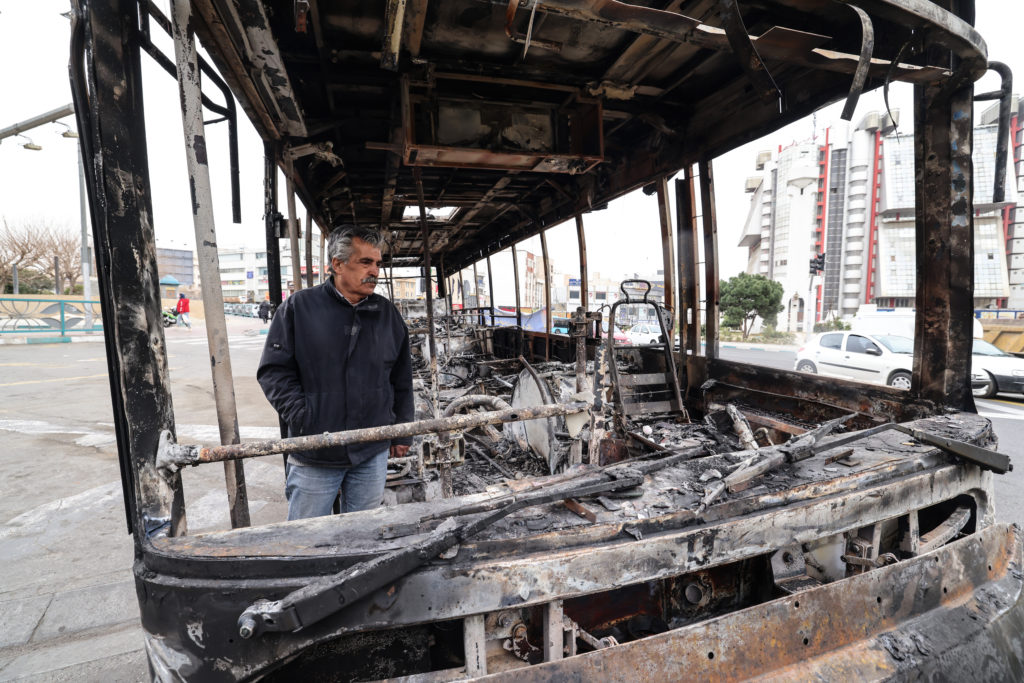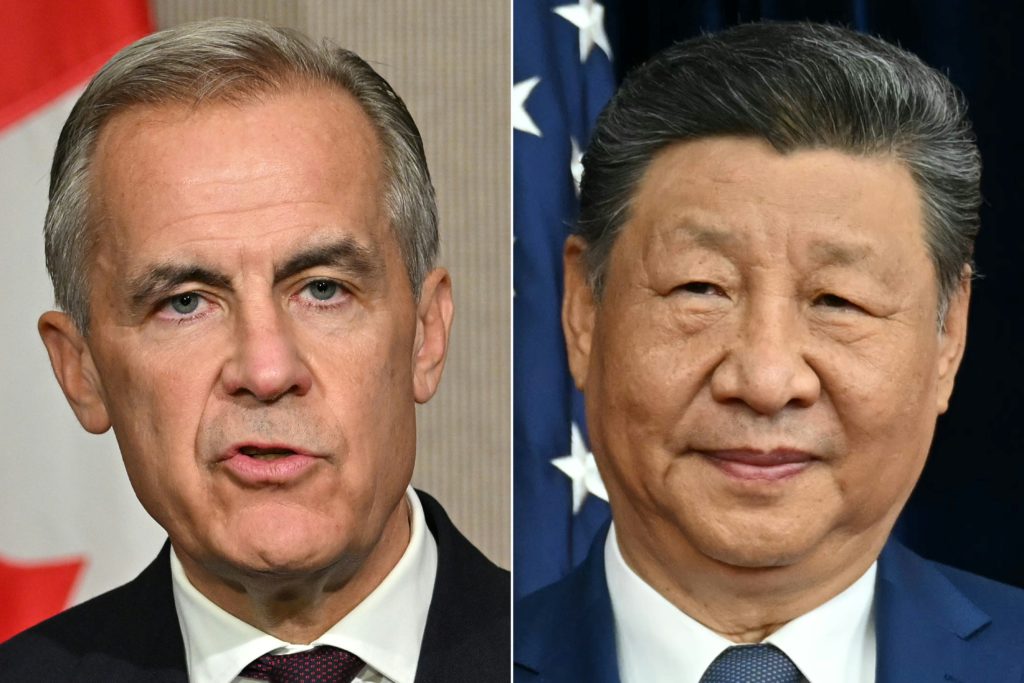Russian troops are advancing in eastern Ukraine, pounding key cities and aiming “to destroy everything there”, President Volodymyr Zelensky has said, as Moscow signalled it was digging in for a long war against its neighbour.
As the war entered its fourth month on Wednesday, Russian forces were relentlessly bombarding the industrial city of Severodonetsk while attempting its encirclement, a key goal of recent fighting in the Donbas region.
Zelensky mourned the thousands of Ukrainian men and women who have perished since the start of the Russian invasion while renewing calls for heavy weapons from foreign partners, saying arms for Kyiv were “the best investment in stability in the world.”
Sergiy Gaidai, governor of the eastern region of Lugansk, said Severodonetsk was being hammered by air strikes, rockets, artillery and mortars in a bid to solidify control over the province and move further into Ukraine.
“The situation is very difficult and unfortunately it is only getting worse,” Gaidai said, describing what he termed a “full-scale offensive in all directions” in a video on Telegram.
“The Russian army has decided to completely destroy Severodonetsk.
They are simply erasing Severodonetsk from the face of the earth,” he said.
Thousands of troops were sent to capture Lugansk region, Gaidai said, adding that the bombardment of Severodonetsk was so intense it was too late for its 15,000 civilians to leave.
In Moscow, Russian Defence Minister Sergei Shoigu made it clear Russia was settling in for a long war.
“We will continue the special military operation until all the objectives have been achieved,” he said, using Moscow’s name for the war.
In his daily address to the nation late Tuesday, Zelensky called the situation in Donbas “extremely difficult”.
“All the strength of the Russian army which they still have was thrown there for the offensive,” Zelensky said.
“The occupiers want to destroy everything there.”
Supplying Ukraine with rocket-propelled grenades, tanks, anti-ship missiles and other weapons is “the best investment” in preventing future Russian aggression, Zelensky said.
“The longer this war lasts, the greater will be the price of protecting freedom, not only in Ukraine, but also in the whole free world.”
– ‘Three months of mass heroism’ –
Western funds and weapons have helped Ukraine hold off its neighbour’s advances in many areas, including the capital Kyiv.
Russia is now focused on expanding its gains in eastern Donbas, home to pro-Russian separatists, as well as the southern coast.
In the village of Yakovlivka, 55-year-old Ukrainian soldier Andriy hid in a ditch as shells fired by encroaching Russians whistled past.
“Our guys have stopped firing back,” he whispered after glancing up and down the road.
“We do not want to provoke them, because then the Russians will start shooting at us even harder.”
Speaking to regional counterparts from the Moscow-led Collective Security Treaty Organization, Russia’s defence chief Shoigu blamed his country’s slow advance on a “deliberate” attempt to avoid civilian casualties.
“We are not rushing to meet deadlines,” the secretary of Russia’s Security Council, Nikolai Patrushev, added in an interview.
Zelensky dismissed Moscow’s claims, saying Russia has suffered heavy losses in the war, including nearly 30,000 soldiers.
“These have been three months of war crimes by the Russian occupiers.
Three months of shelling, destruction, siege. And three months of mass heroism by the people who are defending their own land, their country.”
But Kyiv says it needs more help.
The head of Ukrainian military intelligence, Kyrylo Budanov, said delays in getting arms to the frontline had left Kyiv “catastrophically short of heavy weapons”.
However, he expected a “turning point” by August, he told news outlet Ukrainska Pravda.
The United States, meanwhile, announced that an exemption allowing Moscow to pay foreign debts with dollars in Russia would end at 0401 GMT Wednesday, two days before the country’s next debt service payment was due.
– ‘It is just war’ –
Russia’s Defence Ministry said the waters of the port in Mariupol — a strategic southern city that fell after a devastating siege — had been demined and that operations were under way to “restore the port infrastructure”.
But mayor Vadym Boychenko, speaking to Davos via video-link, warned that 100,000 people were without water, food and electricity, and warned disease risked further fatalities.
About 400 kilometres (240 miles) west of Mariupol, the capital of Ukraine’s Kherson region — which has the same name — appeared to be largely spared the ravages of a war that has left much of the country ruins.
The region has been fully controlled by Russian forces since early in the war, and Moscow-backed officials continued to push for formal annexation — even as residents expressed concerns about the future.
“People are very apprehensive,” trolleybus driver Alexander Loginov, 47, told AFP from the cabin of his vehicle, during a press trip organised by the Russian defence ministry.
But day-to-day life remains marked by uncertainty, as Loginov told AFP about the “instability” — especially over payment of salaries as “Ukrainian banks are closing”.
“To be honest, it is just war,” Loginov added, using a term Russia has outlawed in favour of “special military operation”.
“Many people don’t yet understand what has happened.”
burs-ar/wd/md/bgs/cwl/dhc

